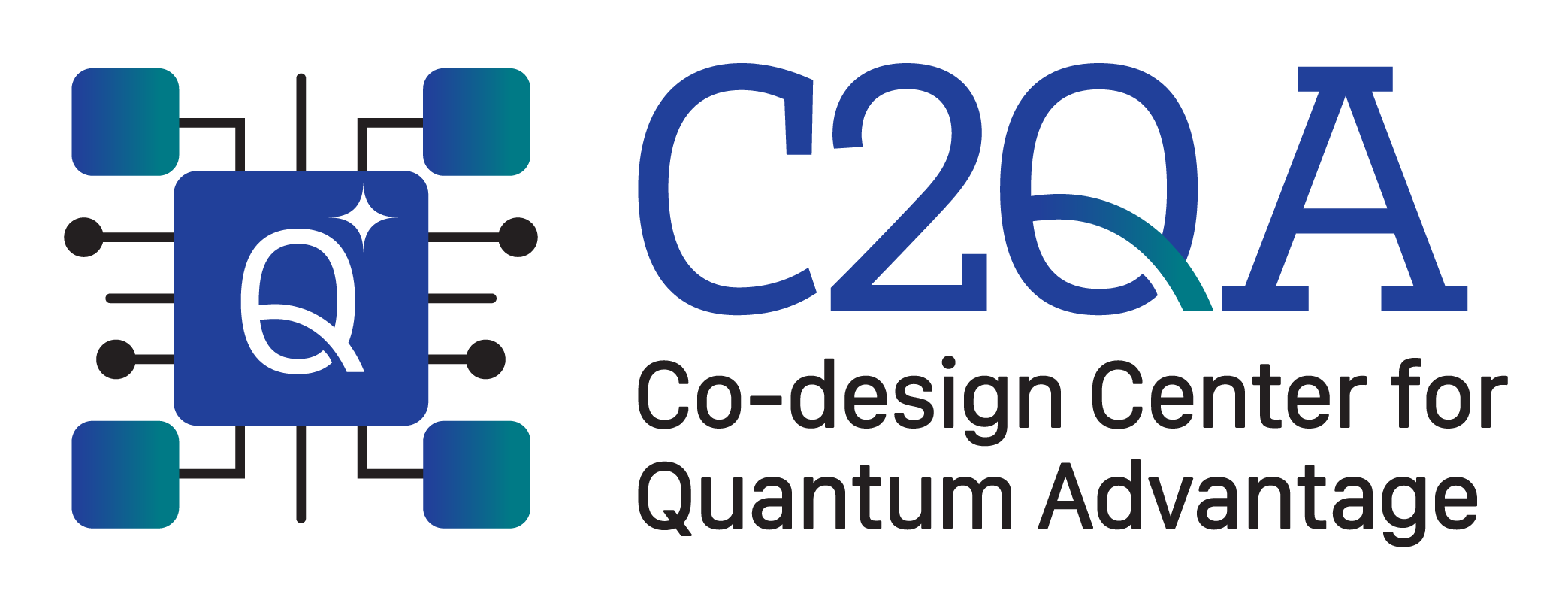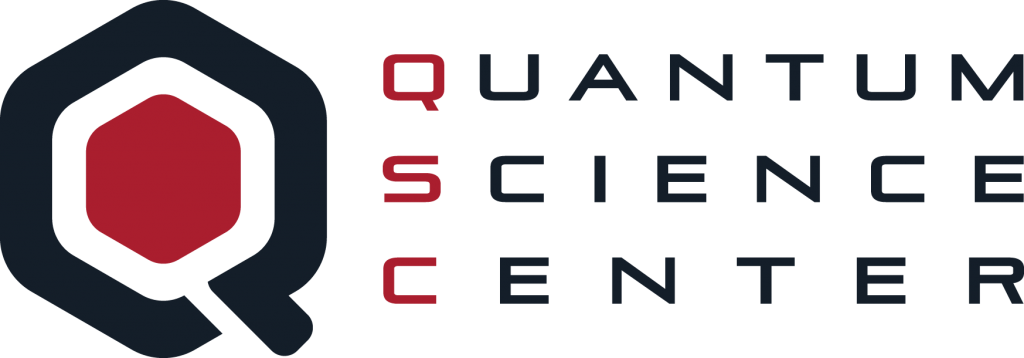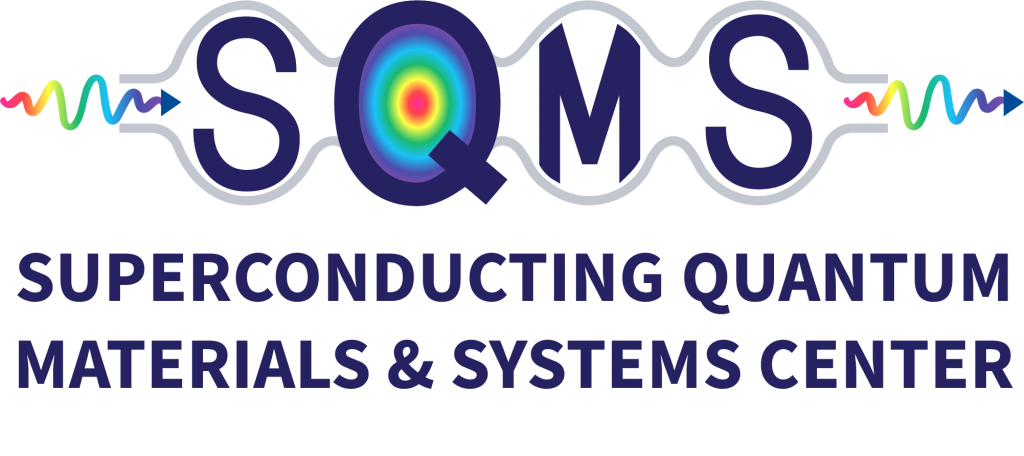National Quantum Information Science Research Centers
The five U.S. Department of Energy (DOE) National Quantum Information Science (QIS) Research Centers develop cutting-edge research and technologies for science’s most complex problems. The centers are pushing the frontier of what’s possible in quantum computing, communication, sensing, and materials in ways that will have impacts in science, energy, security, communication, medicine, finance, and logistics.
Established in 2020 and led by a DOE national laboratory, each center incorporates a collaborative team of labs, universities, and companies spanning a broad range of scientific and engineering disciplines, including over 1,500 experts across 115 academic, industry, and national science institutions in North America and Europe.
Each center tackles major challenges in QIS using complementary and co-design approaches to advance quantum computers, sensors, devices, materials, and applications.
The Five NQISRCs
Each center uniquely tackles major scientific and technological challenges in quantum information science using complementary approaches. Together, we advance quantum computing, communication, networking, sensing, and materials in ways that will have impacts in science, energy, security, communication, medicine, finance, and logistics. Learn more about our five centers below:

Co-design Center for Quantum Advantage (C2QA)
Director: Charles Black
Lead institution: Brookhaven National Laboratory
C2QA aims to overcome the limitations of today’s noisy intermediate scale quantum computer systems to achieve quantum advantage for scientific computations in high-energy, nuclear, chemical and condensed matter physics. The integrated five-year goal of C2QA is to deliver a factor-of-10 improvement in each of software optimization, underlying materials and device properties, and quantum error correction, and to ensure these improvements combine to provide a factor of 1,000 improvement in appropriate computation metrics.

Q-NEXT
Director: Martin Holt
Lead institution: Argonne National Laboratory
Q-NEXT brings together world-class researchers from national laboratories, universities and technology companies with the goal of developing the science and technology to control and distribute quantum information. Q-NEXT develops networks of sensors and secure communications systems, creates materials for scalable quantum devices, and trains the next-generation quantum-ready workforce to ensure continued U.S. scientific and economic leadership in the rapidly advancing field of quantum information science.

Quantum Science Center
Director: Travis Humble
Lead institution: Oak Ridge National Laboratory
QSC researchers are working to establish the nation’s first fault-tolerant ecosystem for hybrid quantum high-performance computing (QHPC). By integrating hybrid algorithms, scientific applications, QHPC architectures, and experimental validation with leadership-class HPC, QSC researchers are building the foundations for scalable, error-resilient quantum technologies. Through strong partnerships with industry and a commitment to developing the next generation of scientists and engineers, the QSC is accelerating the transition of quantum innovation from the laboratory to real-world applications—advancing secure, energy-efficient computing and reinforcing U.S. leadership in quantum science.

Quantum Systems Accelerator
Director: Bert De Jong
Lead institution: Lawrence Berkeley National Laboratory
QSA catalyzes national leadership in quantum information science to co-design the algorithms, quantum devices, and engineering solutions needed to deliver certified quantum advantage in scientific applications. QSA brings together dozens of scientists who are pioneers of many of today’s unique quantum engineering and fabrication capabilities.

Superconducting Quantum Materials & Systems Center
Director: Anna Grassellino
Lead institution: Fermi National Accelerator Laboratory
The primary mission of SQMS is to achieve transformational advances in the major crosscutting challenge of understanding and eliminating the decoherence mechanisms in superconducting 2D and 3D devices, with the goal of enabling the construction and deployment of superior quantum systems for computing and sensing. In addition to the scientific advances, SQMS will target tangible deliverables in the form of unique foundry capabilities and quantum testbeds for materials, physics, algorithms, and simulations that could broadly serve the national QIS ecosystem.
Centers by the Numbers
115+
Academic, National Lab, and Industry Institutions
1500+
Collaborators across the U.S. and around the globe
1100+
Publications (peer-reviewed journals + ArXiv)
600+
Students & postdocs advancing NQISRC goals and missions
1000+
External students trained through schools and internships
500+
Experiments or initiatives to advance quantum research








